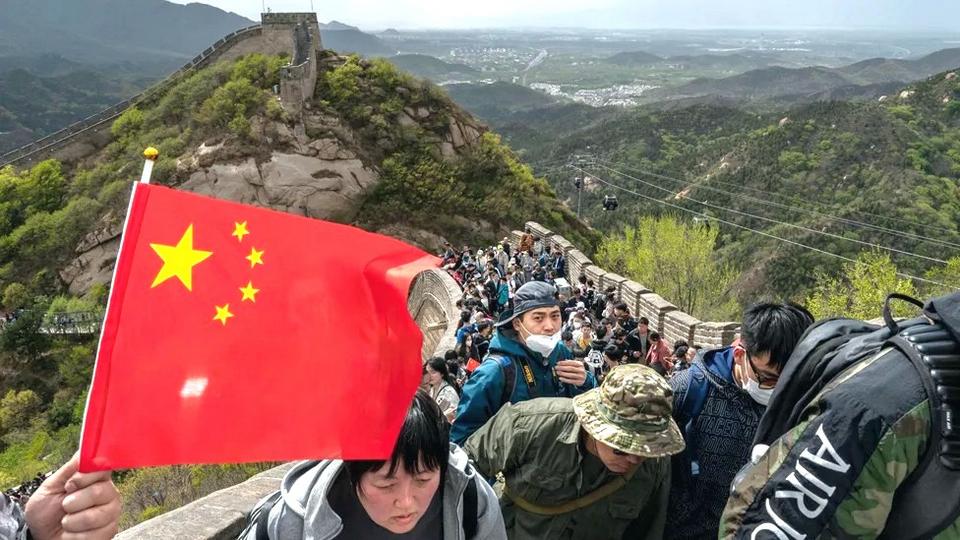
The Thai foreign affairs ministry has downplayed the danger to national security created by abolition of visitor visas for nationals of China and India in particular. Spokesperson Kanchana Patarachok pointed out that there would not be an increase in the number of foreign businessmen operating illegal companies, or career criminals, as Thai immigration could still identify them from computerized records. On entry, all international arrivals are checked to see if they have committed a previous crime in Thailand or are the subject of an Interpol warrant.
Worries had been raised formally by Senate members noting recent scandals involving Chinese nationals ignoring work permit regulations or enrolling expensively at Thai language schools simply to extend their stay without any intention of learning. Concerns centered around Chinese citizens being illegally abducted by fellow nationals and tales about Chinese “police stations” operating in Bangkok and beyond. Other reports claim Russians have been found working illegally in Phuket as taxi drivers, whilst Indians in Pattaya were accused of operating restaurants for reasons other than selling food. But some of these claims have proven untrue, or occurred before visa liberalization, and there is scant initial evidence that Thai security is now more threatened than before.
As part of a no-visa policy, Russians receive 90 days on arrival and Chinese and Indian nationals 30 days but only for tourist purposes. This is an attempt by premier Srettha Thavisin to boost visitor numbers post-covid from the main overseas recruiting grounds. The policy change means that the nationals of all most half the countries in the world can enter Thailand without a visa for vacations. But there is no consistency across the board: US, UK and EU nationals receive 30 days visa-free, whereas those from South Korea and several Latin American countries are stamped in for 90 days on each visit. The deal with China, 30 days on arrival, is to be made permanent on March 1 when the pilot scheme ends. The immigration bureau stresses that only bona fide tourists can enter visa-free. Business visas, for example, must be applied for in advance from Thai embassies abroad.
But there are other inconsistencies between visa-free nationalities. Whereas British or European holidaymakers can extend a 30 days stamp for a further month at local immigration – followed by a day trip to the Cambodian border to repeat the procedure – Chinese and Indian visitors are not able to leave and then return by a land border post. Extensions at immigration often depend on showing a return air ticket to the home country in the near future and Thai banks generally are reluctant to allow visa-free foreigners to open accounts. Visitors under the recent visa-free reforms also find it virtually impossible to obtain a Thai driving licence. Ken Thorne, an international visa researcher, told Pattaya Mail, “Thai authorities are understandably using soft power visa reforms to raise cash for the treasury, but the devil is in the detail. He usually is.”








